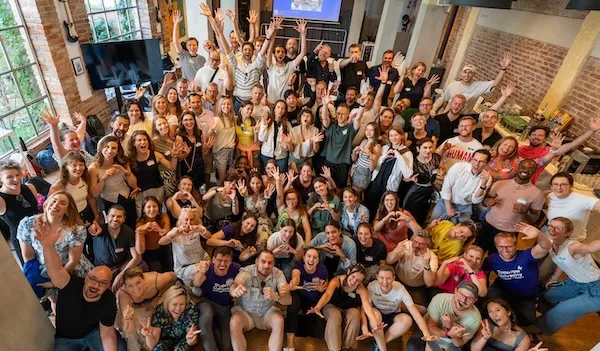Team & Faculty
Our research group at Tomorrow University focuses on conducting cutting-edge research in the areas of artificial intelligence for well-being and sustainability, building sustainable products, and entrepreneurship for sustainability.
Our interdisciplinary team of researchers and experts collaborate to develop innovative solutions and technologies that address pressing societal challenges and promote sustainable practices for the betterment of humanity and the environment.

Research Team
Key Research Areas


Our research aims to harness the power of artificial intelligence (AI) to improve the well-being of individuals and communities while promoting sustainable practices. We investigate the development of AI algorithms, models, and systems for applications such as personalized education, attainment of flow states, improvement of cognitive skills, and human-AI supportive interaction. In the area of human-AI supportive interaction we investigate building cognitive systems that support various skills of the human mind, including creative problem-solving and tangible and visual forms of cognition.


Our research group focuses on developing sustainable products and technologies that minimize environmental impact and promote sustainable practices throughout the product lifecycle. This includes research on eco-design and more than human perspective taking in building products. We aim to create methods for building innovative products that are environmentally friendly, economically viable, and socially responsible.


Our research group investigates the role of entrepreneurship in promoting sustainability and creating positive social and environmental impact. We explore how entrepreneurship can drive innovation, create new business models, and address global sustainability challenges. Our research also focuses on social entrepreneurship, sustainable business strategies, and policy interventions to foster an entrepreneurial ecosystem that promotes sustainability-oriented ventures and solutions. This direction will be further defined with the new professors to include theory of change topics.
Key Research Areas

Development of competency metrics to dynamically reflect acquired educational outcomes in students’ lifelong learning.
.svg)
Development of a computational model for predicting personality impact and study styles on flow states of students for enjoyable learning.
.svg)
Development of AI models for personalizing the best paths of study for students, based on their personality profile, life risk factors, and existing competencies.

Design and prototyping a more-than-human perspective taking a product development approach, so that the “voices” of different entities are heard and we ensure sustainable design.

Explorations in improving joy of learning and flow through special moments in community touch-points.

Towards a Collective Distributed Learning Model.

Research Team & Collaboration
Our research group at Tomorrow University focuses on conducting cutting-edge research in the areas of artificial intelligence for well-being and sustainability, building sustainable products, and entrepreneurship for sustainability. Our interdisciplinary team of researchers and experts collaborate to develop innovative solutions and technologies that address pressing societal challenges and promote sustainable practices for the betterment of humanity and the environment.
We collaborate with leading academic institutions, industry partners, and sustainability-focused organizations to conduct interdisciplinary research, promote knowledge exchange, and facilitate real-world impact through collaborative projects and initiatives.
Research Team
Funding
Our research group actively seeks external funding from various sources, including government agencies, private foundations, and industry partners, to support our research projects and initiatives. We also collaborate with industry partners and organizations to leverage their expertise and resources to advance our research agenda and facilitate technology transfer and commercialization of research outcomes.
Some of our research outcomes are used directly in the educational products we provide — to improve the flow and educational outcomes of students. Join us at Tomorrow University as we strive to make a meaningful contribution to the field of artificial intelligence for wellbeing and sustainability, build sustainable products, and entrepreneurship for sustainability, and create a better tomorrow for all.

.svg)
.svg)
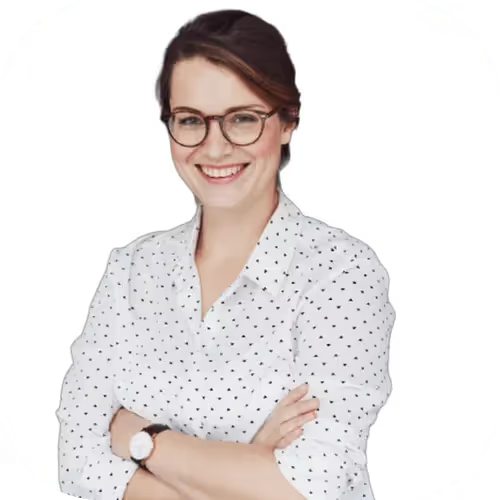
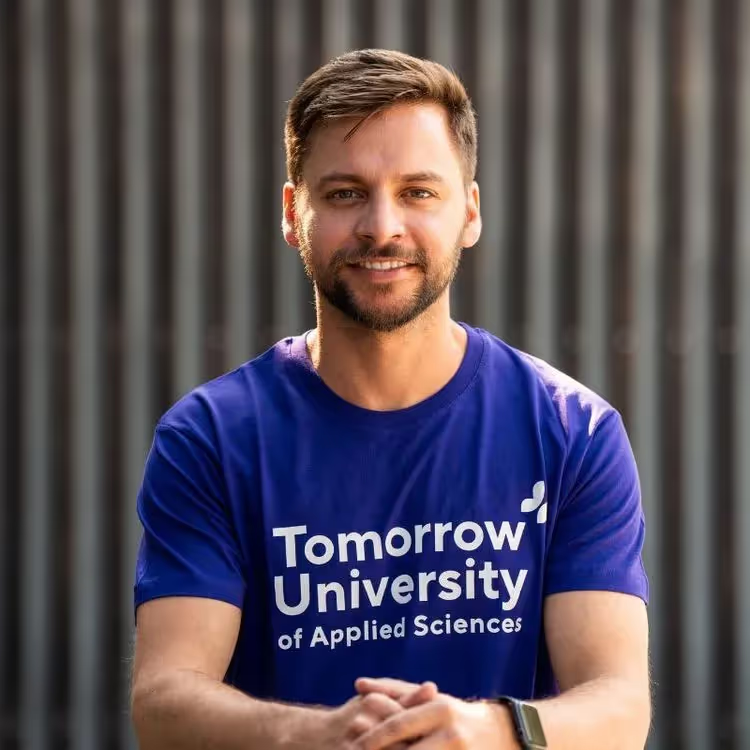
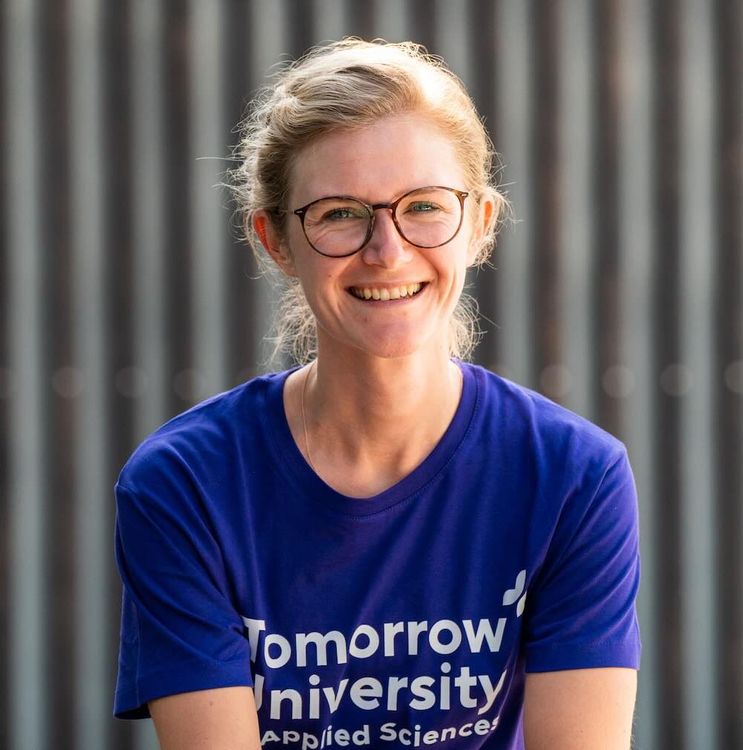

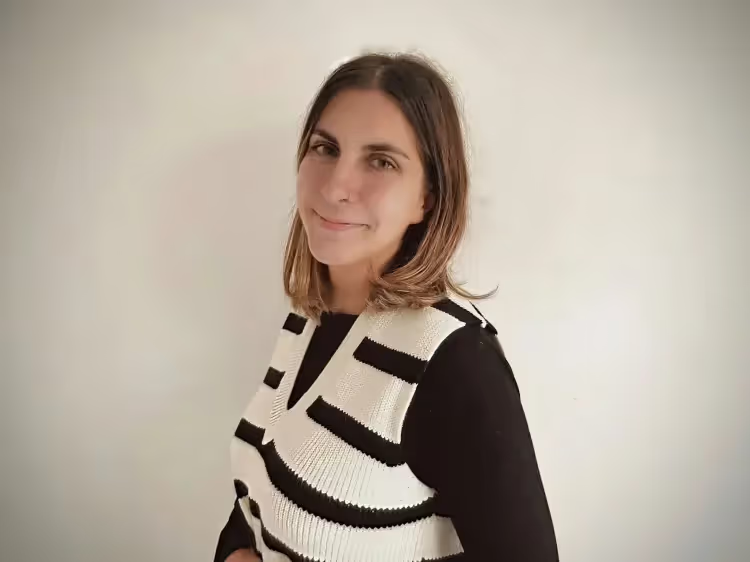
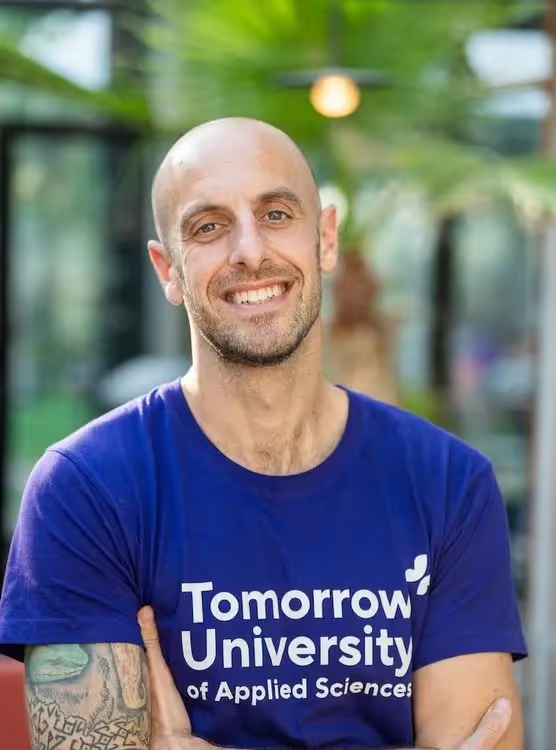
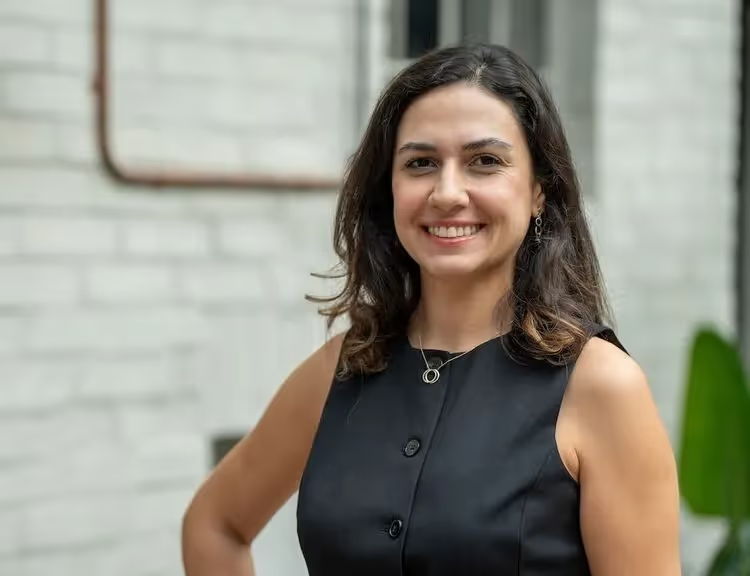
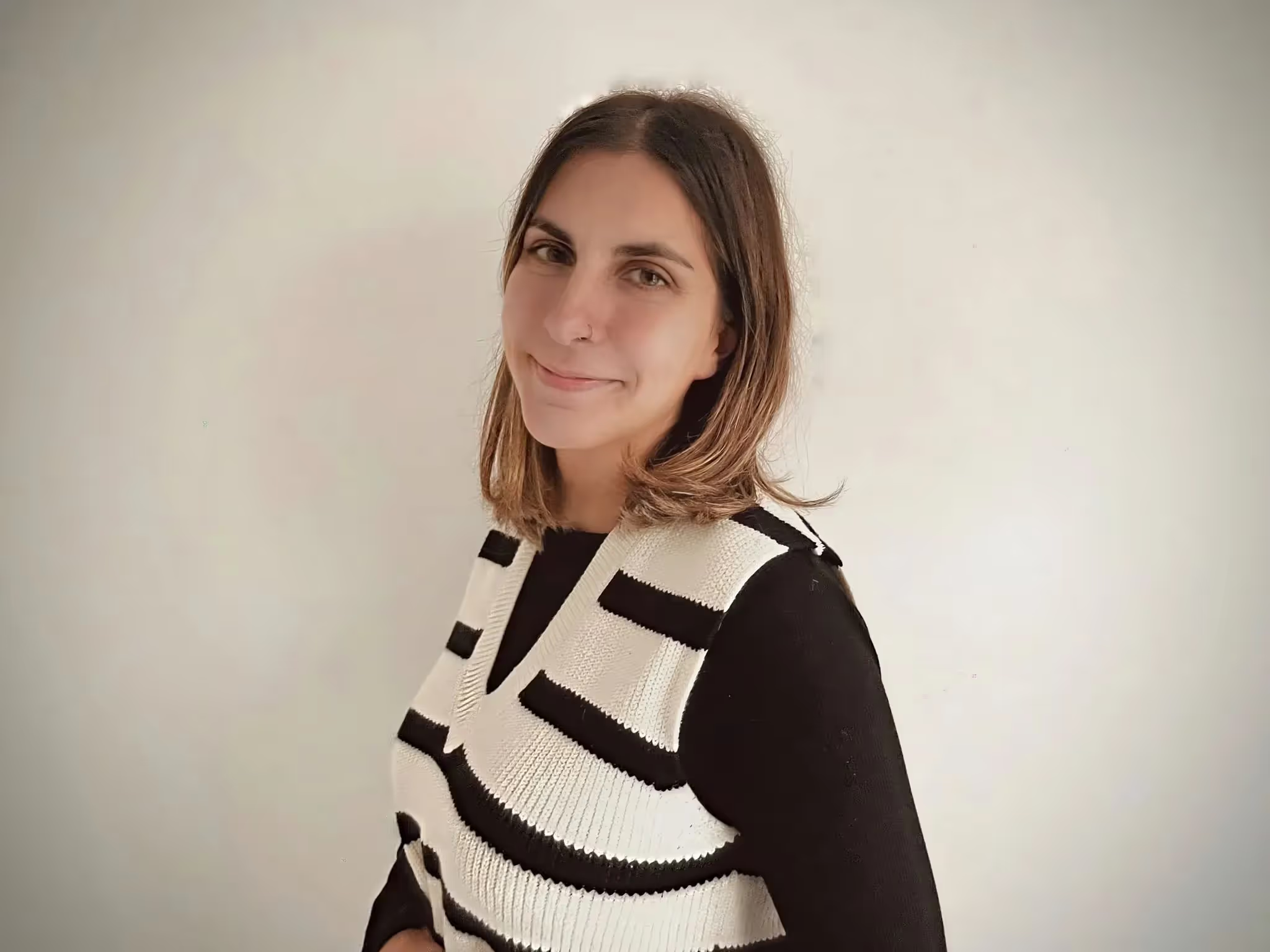


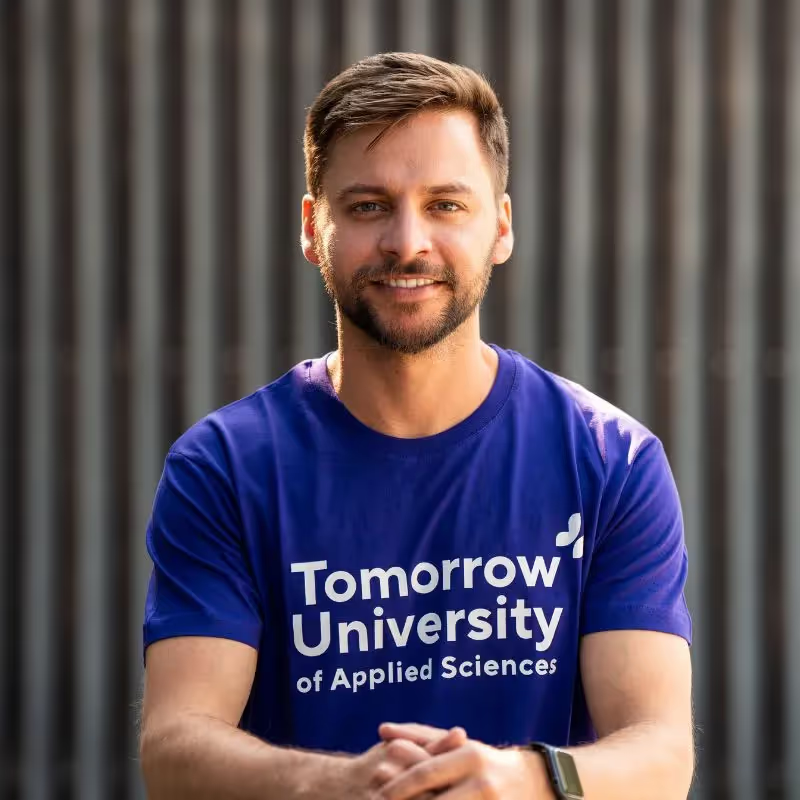
.avif)

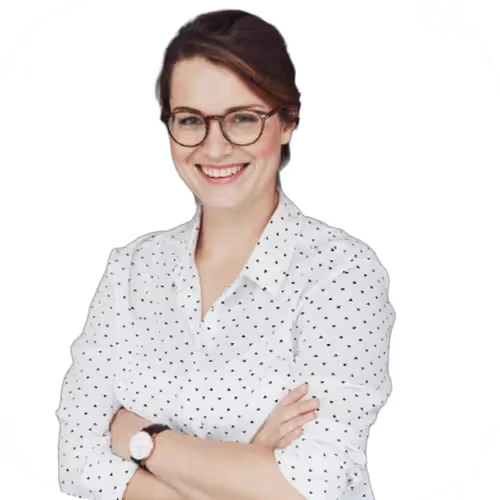

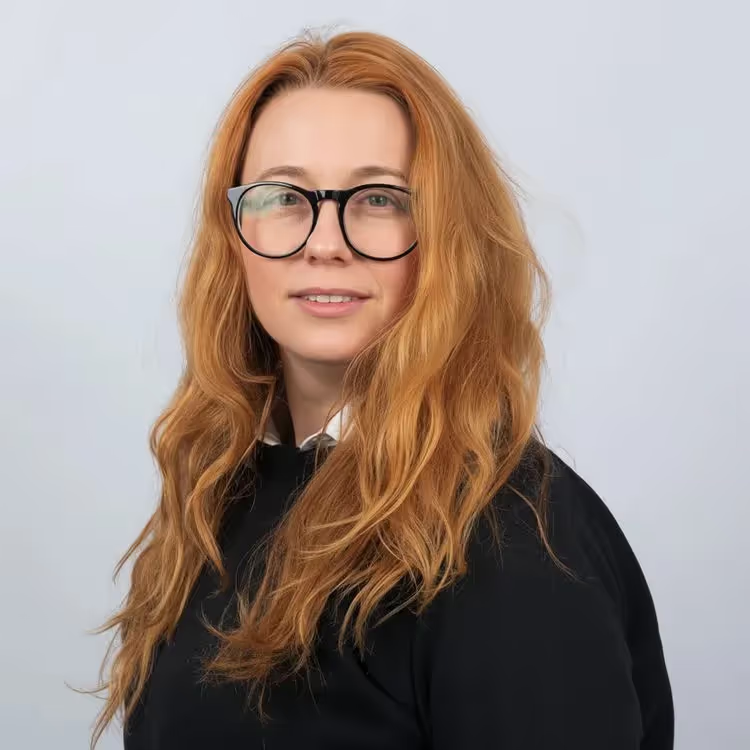
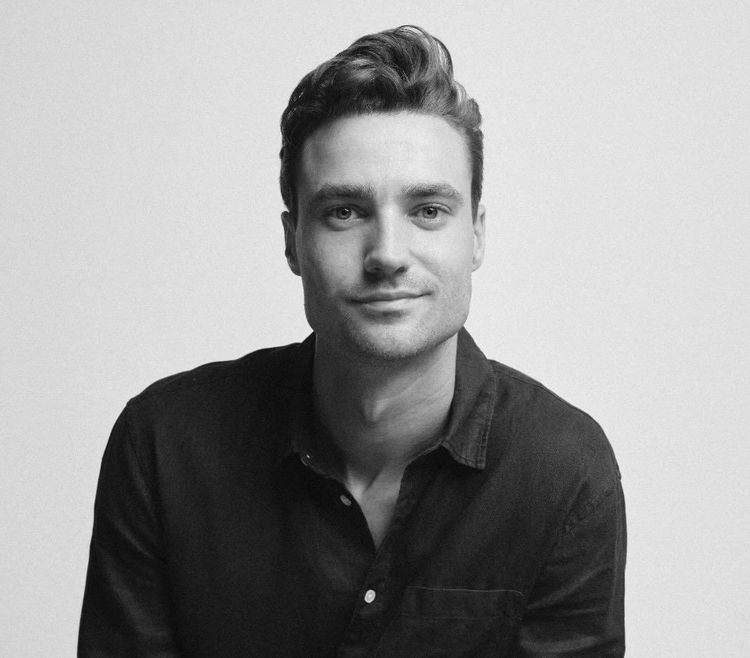
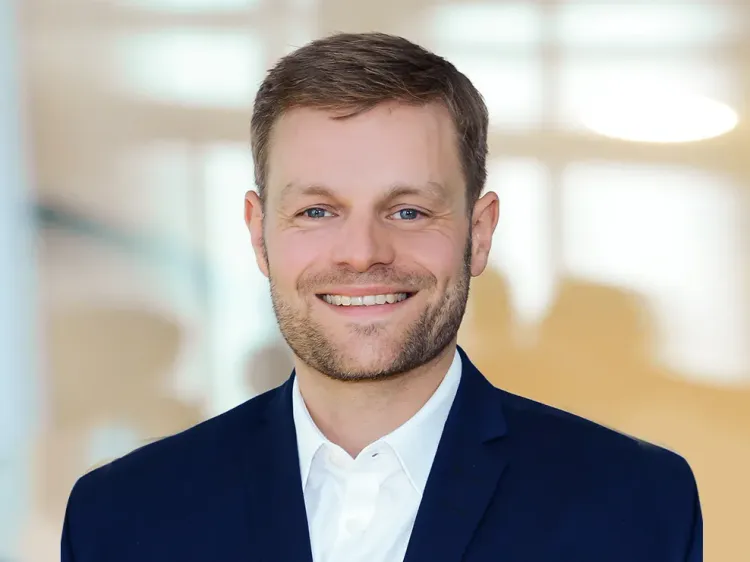
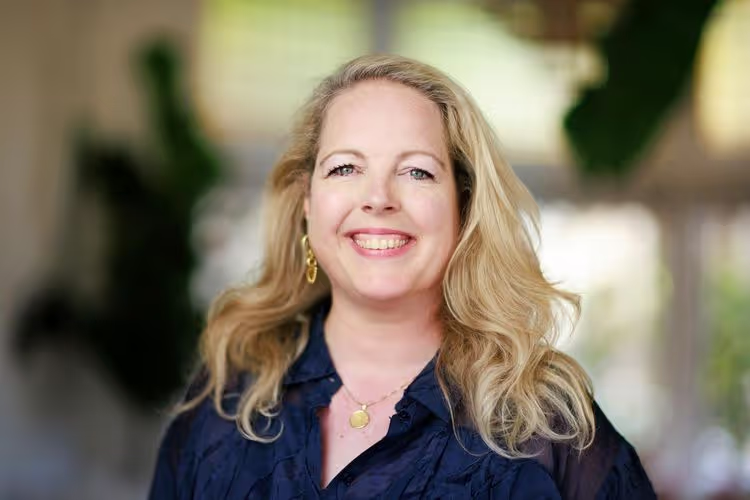

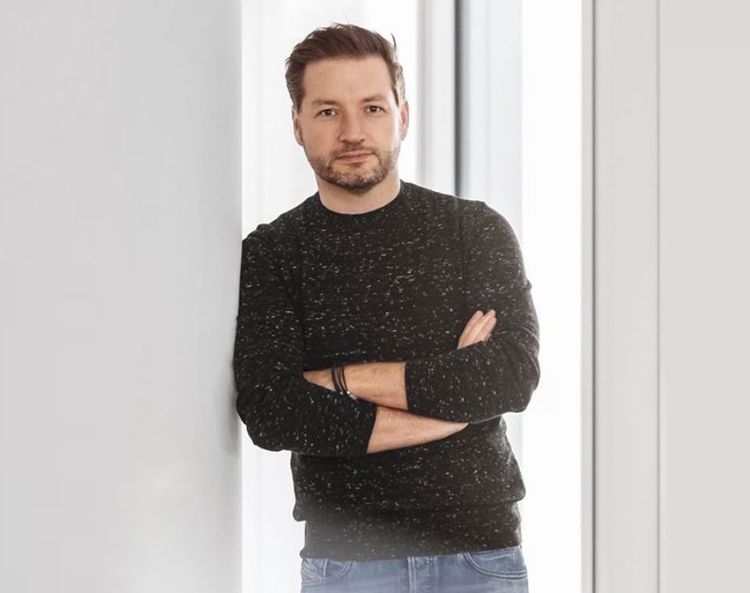



.svg)




.svg)
.svg)

.svg)
.svg)
